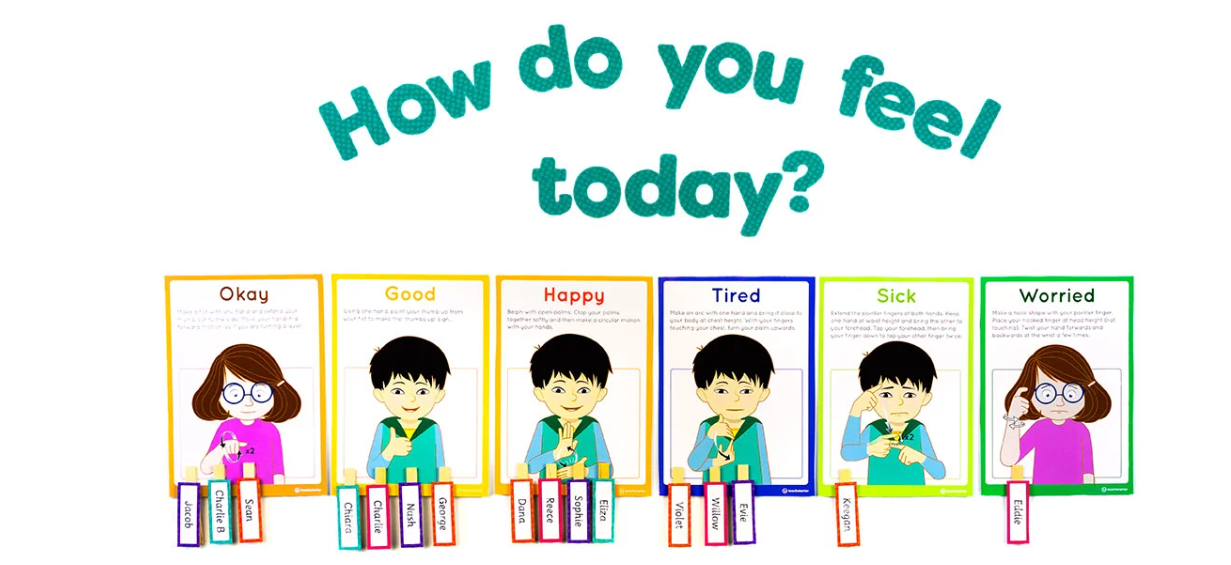
When we think about tutoring, we usually think about cognitive skills like: problem-solving, memorisation and critical thinking. But beneath all of that is something less visible and far more powerful, which is emotion.
Learning is deeply emotional. Students bring their fears, frustrations, self-doubt, pride, boredom and excitement into every session, whether they say it out loud or not. As tutors, we’re not just working with brains, we’re working with feelings.
A student who “zones out” during a session might not be lazy, they might be overwhelmed. One who rushes through their work might not be careless, they might be anxious and that “I don’t care” attitude? often is a shield for “I’m scared to fail”.
Good tutors learn to read between the lines. We adjust not just to academic needs but to emotional states. A well timed joke, a pause to breathe or a simple “I get why this feels hard” can shift the entire mood of a session. When students feel safe and supported, their brains actually work better. Neuroscience backs this up, as emotional safety is a prerequisite for cognitive performance.
That’s why emotional literacy should be a core skill for every tutor. We don’t need to be therapists, but we do need to be human. We should listen actively, validate feelings and build trust. Because no amount of content knowledge matters if a student has emotionally checked out.
When students feel seen, that’s when learning clicks. That’s when questions get asked and when growth truly begins, not just in marks but in mindset.
Tutoring isn’t just academic support. It’s emotional scaffolding and when we show up with empathy as well as expertise We’re not just teaching subjects, we’re building the foundational layers of confidence and self-belief.
Isabella Naumovski

